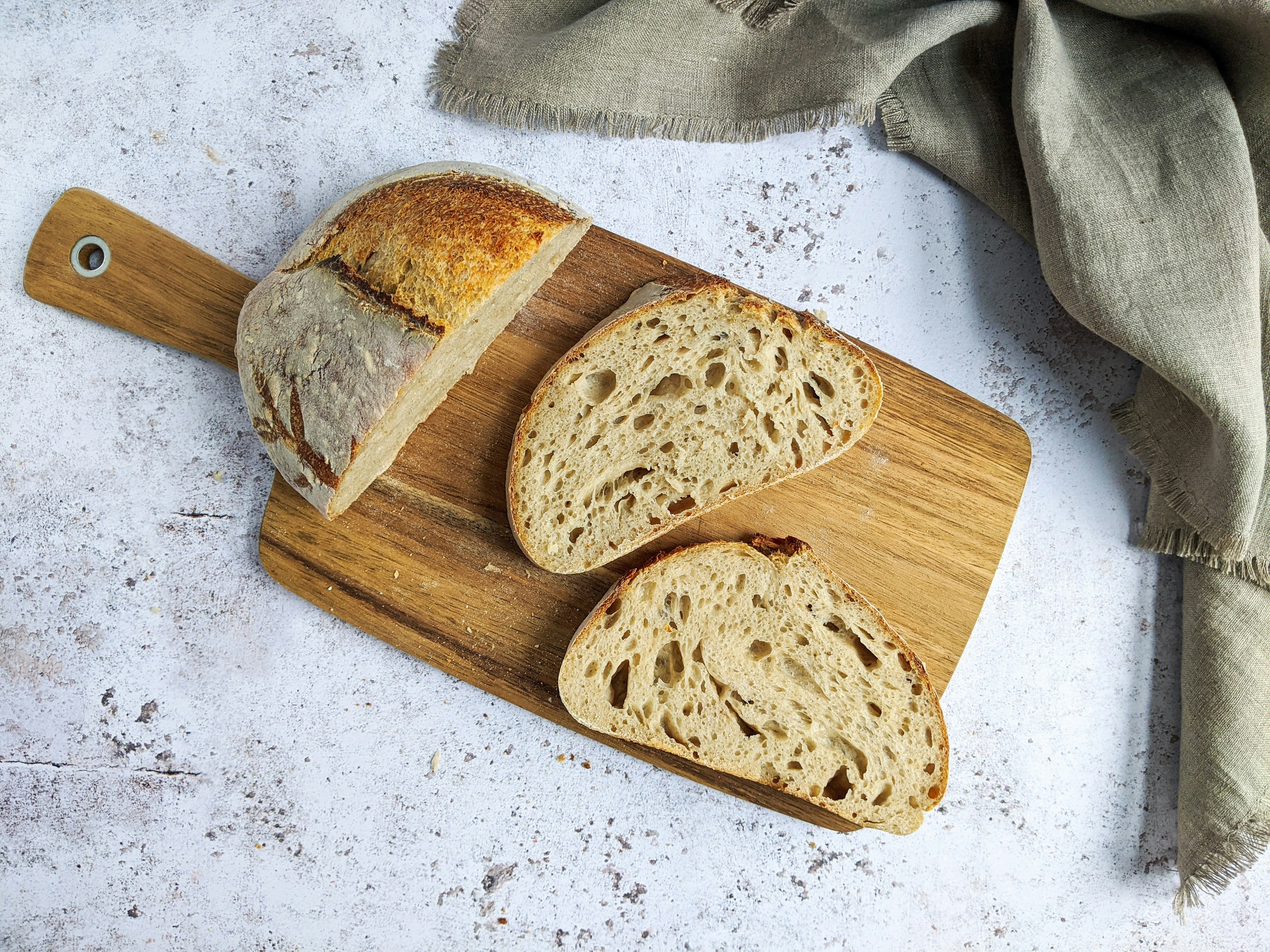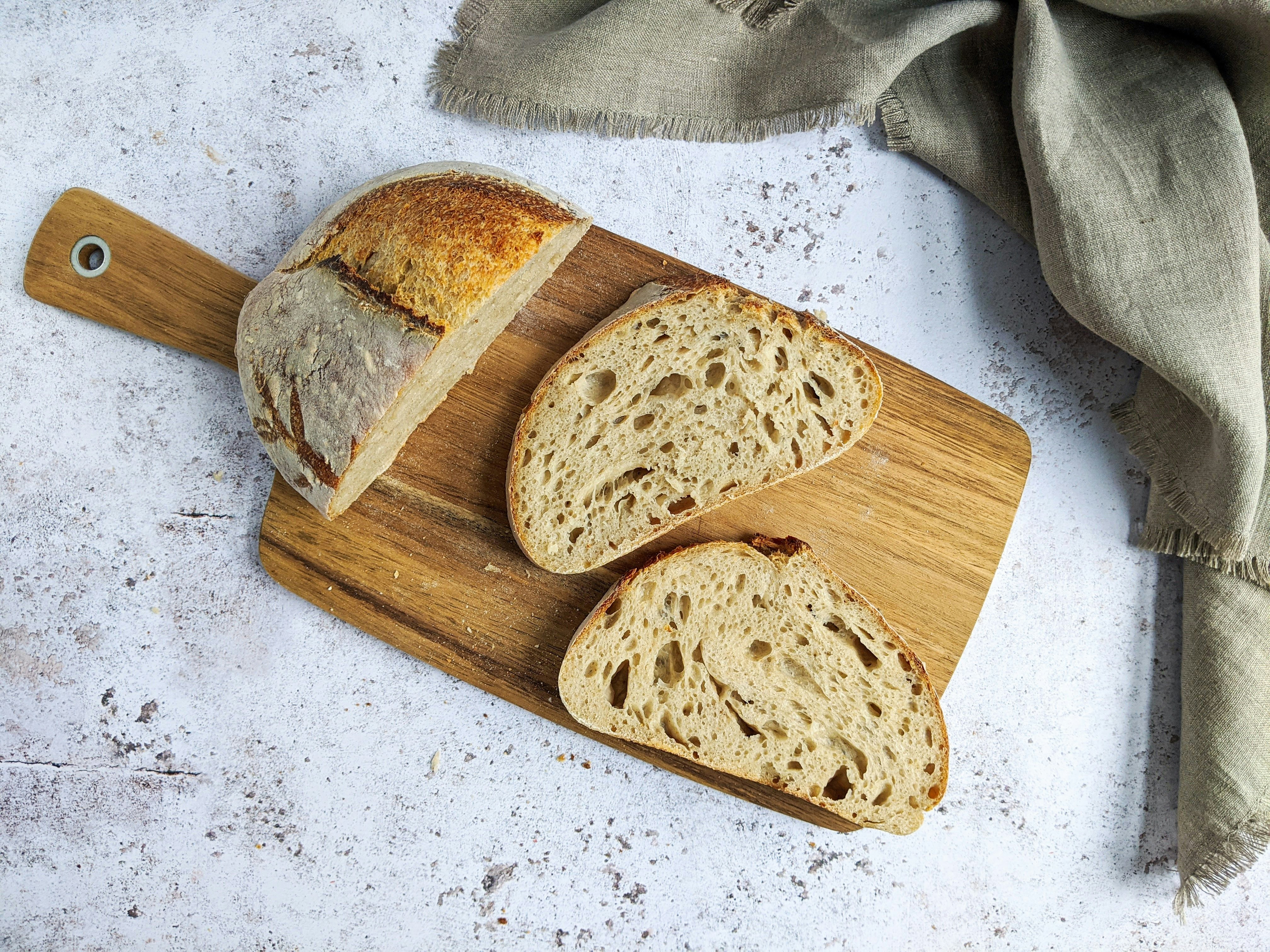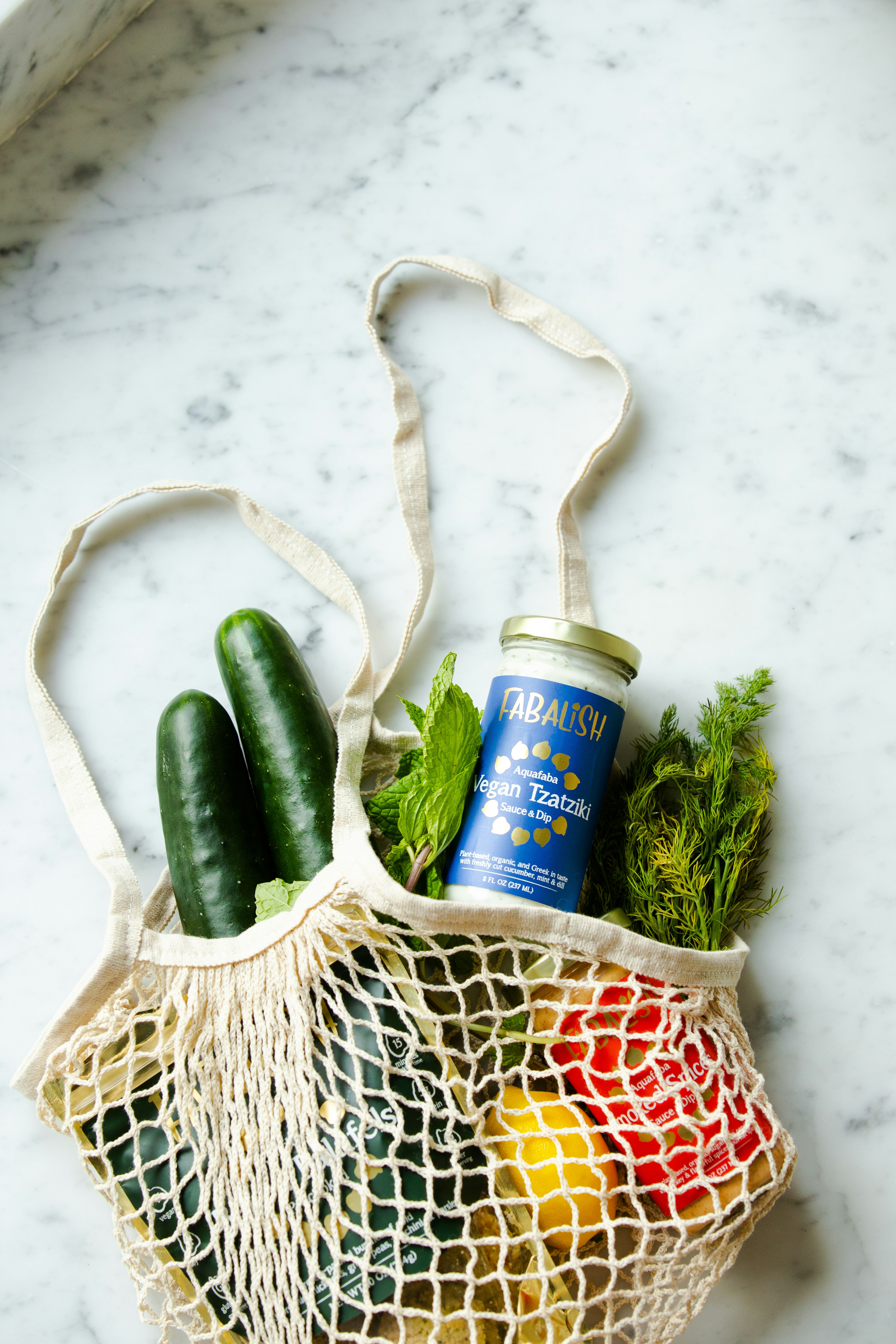It seems that everyone I talk to is making sourdough bread… or at least scavenging for it at the local bakery. It’s the newest internet sensation and I can’t say I’m immune to the trend. Although I like to think that my baking journey began due to missing my mother’s sweet (or savoury) beautiful homemade rye and cultured classics, I can’t deny that it’s a bit ironic that the rest of the world seems similarly on board. Perhaps we’re all missing that special something our mothers or grandmothers used to instill in the home… or is it simply a part of our newfound quest for natural health?


Are We Going Back to Our Roots?
Somewhat spurred by the increasing cost of living (we can’t deny that although the pay rates may have increased, the cost of groceries has increased more) and almost a natural carry-on from the recent reuse and recycle environmental uprisings, it seems that home-grown and home-made is back in style. Drifting away from the all-plastic, all-picture perfect dream, we’re now coming back in touch with the variety in home-baked goods, home-grown veggies and the idea that maybe what the earth has to offer us is better than what we could create in a lab or factory.


But it does leave the question: is this more in line with what we were meant to be doing… or did God intend us to use our gifts to create science-based cures?
Before we begin, here’s a brief disclaimer: Neither I nor Hope.Study is authorized to provide medical advice, nor is this blog intended to do so. If you require medical assistance, please consult a qualified healthcare professional. This post is solely focused on exploring the biblical principles related to healthcare. Now, to the discussion…The first thing we notice when we open the Bible is that it in no way forbids the use of medications or going to the doctor’s for aid. In fact, the Bible refers to the use of medications, surgeries or the help of a physician as being important, as we see in some examples below.
Is there no balm in Gilead? Is there no physician there? Why then is there no healing for the wound of my people?
Jeremiah 8:22, NIV
In this last verse, we see the use of physician in reference to Jesus. This dictates that while Jesus is the ultimate healer, He is likening Himself to our human physicians in this passage – both alike in the goal of helping us overcome our afflictions.
In the New Testament, we also see the gift of healing being distributed out among some of God’s people (1 Corinthians 12:9). This gift isn't limited to miraculous, supernatural moments—it can also include the quieter, everyday instances where people are led by God’s wisdom. For example, consider when a surgeon successfully performs a complex operation with precision, when a scientist discovers the right formula to combat disease, when a nurse becomes the calming presence a patient needs, or when a doctor finally uncovers the true cause of someone’s illness. Perhaps we are too often dismissive of the wondrous works that we see daily – all because they were viewed as ‘just someone doing their job’. The Bible talks about how ordinary people will be gifted – and it’s through the use of these gifts that He receives glory.However, it’s also essential to remember that we are also only human, and so we are each prone to error and also limited by our human abilities, no matter how gifted we may be. While God can always work through us, it’s important that we let Him – and so discussion with God through prayer is the most essential key to receiving medicinal treatment. As seen in 2 Chronicles 16:12, it wasn’t the consultation of physicians that was negative, but the neglect of consulting God first and foremost.
But the Bible doesn’t just mention physicians and medicine. It also discusses natural remedies as being effective cures for some illnesses, as seen in these verses below:Cleanse me with hyssop, and I will be clean; wash me, and I will be whiter than snow.
Psalms 51:7, NIV...Their fruit will be for food, and their leaves for healing.
Ezekiel 47:12, ESV
Now Isaiah had said, "Let them take a lump of figs, and apply [it] as a poultice on the boil, and he shall recover."
Isaiah 38:21, NKJVThe Bible often takes us back to nature when we search for rest or healing. In fact, straight from Genesis we see God’s plan for us to dwell surrounded by nature, as He placed Adam and Eve in the ‘garden in the east, in Eden’ (Genesis 2:8, KJV). There, He gives the task of caring for the land (Genesis 2:15). Just as we care for nature, it was made to care for us – being our source of food and medicine. Not only does nature have physical benefits, we know that it also benefits us mentally, decreasing our levels of stress and allowing us to be reconnected with God in the space that we were always meant to dwell in. This was felt by David in Psalms, where he frequently describes the power of nature as it reflects God’s character, and where even Jesus spent most of His time outdoors.
However, in a world blighted with sin, nothing is perfect. Nature alone isn’t able to fix everything, but depends on the knowledge of how to use it, and its availability, as we rely on God’s grace and wisdom to guide us in its proper use, recognizing that true healing comes not just from nature itself, but from the Creator who sustains all things. Again, I want to make it clear that I am no professional – and it’s important to consult those who legally know how to use the product or perform the procedure, natural or not, rather than attempt to do it yourself.It seems there’s no simple answer. While we’re meant to use nature for what it was intended for, we’re also meant to use our abilities to care for ourselves and others. Why just keep one option open, when you can appropriately utilise both?The Bible mentions both doctors and natural remedies, but let’s not forget—those times weren’t perfect either. Just like today, sickness, suffering, and death were part of life because the world was (and still is) broken by sin. Some treatments may have helped, others may not have, but the Bible never promises that medicine—whether from a physician’s hand or nature itself—holds the key to perfect health or lasting happiness. Instead, it points us to the one true Healer—Jesus. Let’s revisit that verse about physicians, this time in Mark.
When Jesus heard this, he told them, "Healthy people don't need a doctor--sick people do. I have come to call not those who think they are righteous, but those who know they are sinners."
Mark 2:17, NLTJesus not only offers the power to heal our physical ailments, but something much more valuable: to rid us of the ultimate disease of sin. Through this ultimate healing, we receive the best cure – the ability to spend forever with Jesus in a place where physical healing is no longer required.
So, whether you prefer medical intervention or you’re keen to keep that natural gut bacteria strong, remember what’s truly important – keeping our hearts healthy by making sure we’re regulars to Jesus – the ultimate cure.




